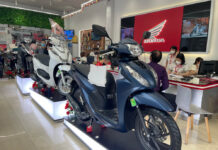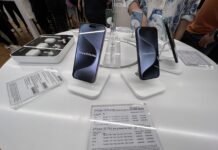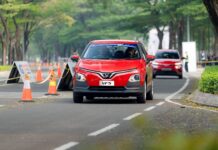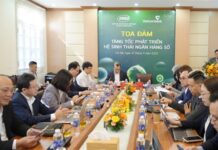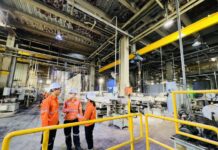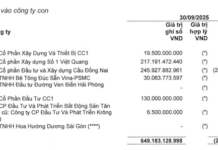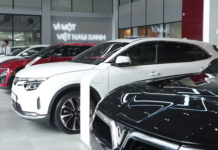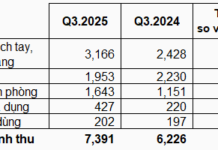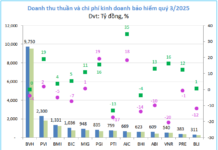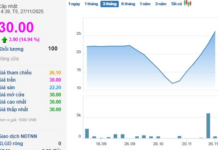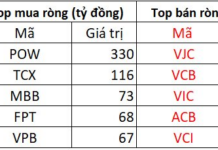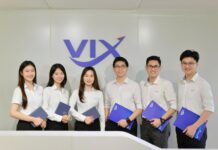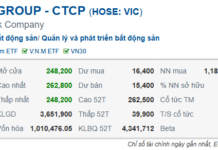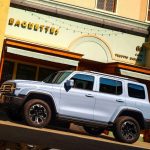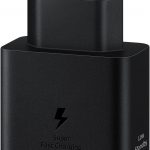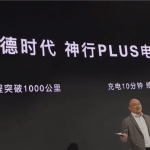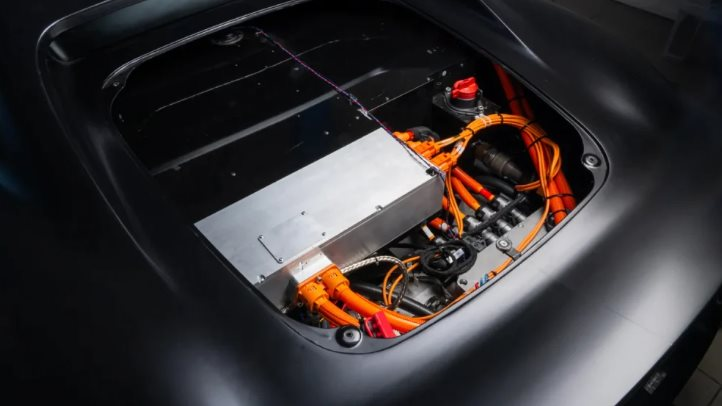
Illustration
A UK-based startup may have found an answer to one of the nagging concerns of driving an electric car: waiting for it to charge. Specifically, Cambridge-based Nybolt has developed a new lithium-ion 35kWh battery that can charge from 10% to 80% in just over four and a half minutes during its first live demonstration last week.
This is significantly faster than the current approximate 20 minutes for some electric cars using rapid chargers, such as Tesla’s Supercharger, and much closer to the two-minute refuel time of a traditional gasoline car.
Nybolt also surpasses a range of competitors from China, such as CATL, with its 5C battery in the Zeekr 001, which can be charged from 10 to 80% in 11.5 minutes, adding an extra 472 km of range based on the CLTC standard.
Then, in late April, CATL introduced the Shenxing Plus battery with an energy density of 205 Wh/kg, enabling electric vehicles to travel up to 1,000 km, equivalent to a 4C rating. On March 1, Li Auto launched its first BEV, the Li Mega. This MPV is equipped with a Qilin battery capable of 5C charging and can achieve a range of 500 km in just 12 minutes. Subsequently, BYD announced that it would launch the Blade 2.0 lithium iron phosphate (LFP) battery in the second half of this year, and CATL also plans to launch the Qilin Battery 2.0, which includes LFP components with 6C fast-charging capability – equivalent to a full charge in 10 minutes, by the end of the year.
“Our extensive research in the UK and US has unlocked a new battery technology that is ready and scalable right now,” said Nyobolt co-founder and CEO Sai Shivareddy in a media statement.
The company stated that Nyobolt’s technology is built on a decade of research led by battery scientist Clare Gray of the University of Cambridge. The key to enabling super-fast charging without significantly impacting the battery’s lifespan is a design that generates less heat. This also makes them safer, as overheating can cause lithium-ion batteries to catch fire and explode.
Additionally, the materials used to construct the battery’s cathode allow for faster electron transmission.

Nyobolt is currently in negotiations to sell its batteries to eight electric vehicle manufacturers. At 35 kWh, the battery is significantly smaller than the 85 kWh of a typical American electric vehicle. The technology could also be used in larger batteries in the future.
According to Paul Marchment, a consultant at Arval, a leasing specialist owned by BNP Paribas, Nyobolt’s innovation has been tested on the company’s sports car prototype and is particularly encouraging for commercial electric fleets and drivers who rely on electric vehicles for their work.
Barriers Remain
However, another barrier to faster electric vehicle adoption in the US and Europe is the lack of public charging infrastructure.
Jack Evans, an automotive specialist at Blackball Media, welcomed the news about Nyobolt’s battery, which was tested on a racetrack last week using a 350kW DC rapid charger, a type rarely found on UK streets.
“The devices used to charge the Nyobolt battery are few and far between in the UK, so for this to really make an impact, there needs to be an increase in the supply of rapid chargers,” he said.
In North America, three out of four rapid chargers are Tesla Superchargers, and almost every major US automaker has committed to producing vehicles compatible with Tesla’s charging technology, known as the North American Charging Standard. The startup also stated that Nyobolt’s battery is compatible with Tesla’s Supercharger.
“We would love to work with Tesla and other leading manufacturers to turn our vision into a reality – with the aim of making charging times similar to refueling times,” they added.
Independent testing of Nyobolt’s battery by a leading manufacturer showed that it could achieve over 4,000 rapid charging cycles, equivalent to 600,000 miles (965,600 km) of range, while still retaining over 80% of its capacity. “This is many times higher than the warranty of the much larger electric vehicle batteries on the road today,” the company shared.
A key chemical element in Nyobolt’s battery is niobium. However, scientists estimate that only about 83,000 tons (94,500 metric tons) of niobium are mined globally. In contrast, graphite – commonly used as an anode material in lithium-ion batteries – had an estimated production of 1.6 million tons (1.8 million metric tons) in 2023.
According to Reuters, Inc.

